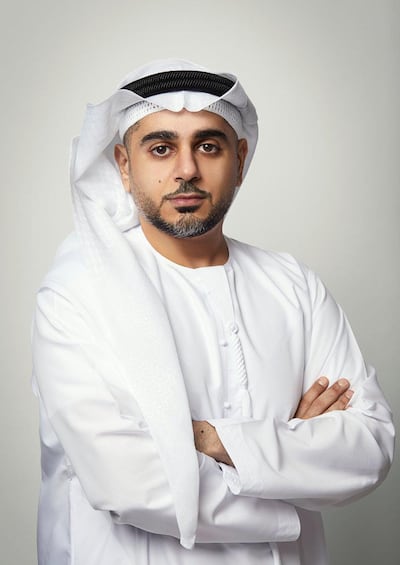Abu Dhabi National Oil Company was able to negotiate the world's largest single energy infrastructure deal this year and secure $10 billion (Dh36.7bn) in upfront proceeds, thanks to the 2019 transaction that served as a springboard for the record $20.7bn valuation of the gas pipelines accord.
Increased interest following the oil pipelines deal last year helped Adnoc double the valuation for its gas pipelines joint venture despite the comparable scale of the assets involved in each transaction and similar stake sizes and deal tenures, group chief financial officer Ahmed Al Zaabi told The National.
In February last year, BlackRock and KKR led a $4bn upfront investment in 18 of Adnoc's oil pipelines, totalling 750 kilometres in length, with 13 million barrels per day of capacity. The final deal figure increased to about $5bn after Abu Dhabi Retirement Pensions and Benefits Fund and Singapore’s GIC became co-investors.
On Tuesday, Adnoc announced a joint venture with a consortium of six global institutions and funds to lease the ownership rights to 38 natural gas pipelines, spanning 982 kilometres, for 20 years.
The six investors in the gas pipelines are Korea’s NH Investment & Securities, GIC, the Ontario Teachers’ Pension Plan Board, Italy’s Snam, Global Infrastructure Partners and Brookfield Asset Management.
“The deal that happened last year was a springboard to the current deal," Mr Al Zaabi. "It actually emphasises the strength of Adnoc, it emphasises how successful the previous deal was, and the increased interest this time round regarding the gas pipeline, hence the bigger valuation, hence the bigger amount.”
This deal is also the largest since Adnoc accelerated its strategy in 2017 to unlock more value from its assets, which included the IPO of its fuel retail unit, the sale of stakes in its refining and drilling subsidiaries and the issuance of bonds for the first time.
#BreakingNews: @AdnocGroup announces $20.7 billion energy infrastructure deal.
— ADNOC Group (@AdnocGroup) June 23, 2020
Read more: https://t.co/Ujt4adMWO3 pic.twitter.com/ZWLIH5nY61
“Those transactions have been a springboard for future transactions and they've attracted a lot of interest in Abu Dhabi from a foreign direct investment perspective," Mr Al Zaabi said.
"The current deal, if you look at it also provides the consortium with a unique opportunity to invest in high quality energy infrastructure assets with a low risk profile that generates stable cash flows.”
However, finalising the $20.7bn deal came with the added complexity of the coronavirus pandemic and the knock-on effect on economic activity around the world.
“Getting a transaction of this size and complexity over the line … in this tough economic climate and uncertain energy landscape is a powerful testament to Abu Dhabi and the UAE’s position as a highly trusted and attractive investment destination," Mr Al Zaabi said.
"Attracting FDI into the UAE is one of the most important pillars that we have as the UAE, as Abu Dhabi and as Adnoc as a contributor to that FDI count.”

